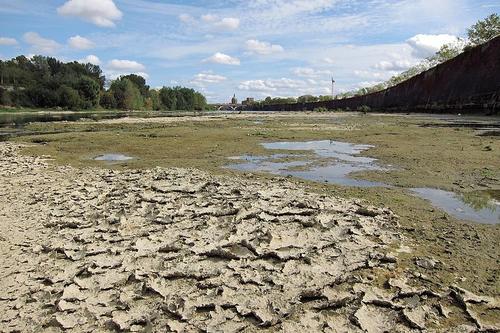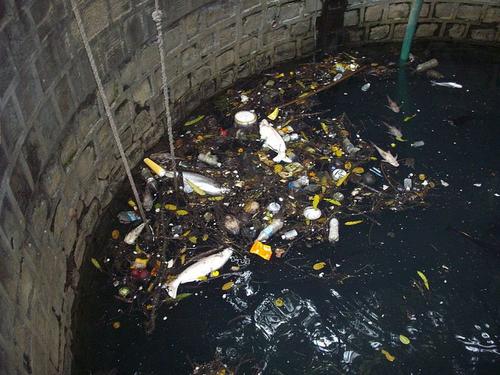Principle I
Fresh water is a finite and vulnerable resource, essential to sustain life, development and the environment.
The notion that freshwater is a finite resource arises as the hydrological cycle on average yields a fixed quantity of water per period. This overall quantity cannot yet be altered significantly by human actions, though it can be, and frequently is, depleted by man-made pollution. This principle recognizes that water is required for many different purposes, functions and services; management therefore, has to be holistic (integrated) and involve consideration of the demands placed on the resource and the threats to it. (CAP-NET 2006)
Holistic management not only involves the management of natural systems; it also necessitates coordination between the range of human activities, which create the demands for water, determine land use activities and generate water borne waste products. Creating a water sensitive political economy requires coordinated policy making at all levels (from national ministries to institutions on local government or community level). There is also a need for mechanisms which ensure that economic sector decision makers take water costs and sustainability into account when making production and consumption choices. The development of an institutional framework, which capable of integrating human systems – economic, social and political – represents a considerable challenge. (GWP 2012a)



